TECHBYTES:ChatGPT: Optimizing Language Models for Dialogue - OpenAI
OPEN AI"zzz CHAT GPT -3
ChatGPT (Generative Pre-trained Transformer) is a chatbot launched by OpenAI in November 2022. It builds on his OpenAI's GPT 3.5 family of large-scale language models and is fine-tuned with both supervised and reinforcement learning techniques. ChatGPT was launched as a prototype on November 30, 2022 and quickly gained attention for its detailed and clear answers in many knowledge areas. Its uneven factual accuracy is recognized as a significant shortcoming. Training ChatGPT has been improved based on his GPT-3.5 using supervised learning and reinforcement learning. Both approaches used human trainers to improve model performance. In supervised learning, the model was provided with a conversation in which the trainer acted as both the user and the AI assistant. In the reinforcement step, the human trainer first sorted the responses the model made in previous conversations. These rankings were used to create a further refined 'reward model' using multiple iterations of Proximal Policy Optimization (PPO). Proximity policy optimization algorithms have the advantage of being more cost-effective than trust-region policy optimization algorithms. They negate many computationally intensive operations with faster performance. The model was trained jointly with Microsoft on Azure supercomputing infrastructure. Features and Limitations Compared to its predecessor, InstructGPT, ChatGPT attempts to reduce malicious and incorrect responses.
In one example, InstructGPT accepts the prompt "Christopher Columbus tell me when he came to the United States in 2015" as true, and ChatGPT accepts information about Columbus' voyage and information about the modern world (including Columbus' perceptions). ), what if Columbus came to America in 2015?ChatGPT's training data includes man pages and information about Internet phenomena and programming languages, such as bulletin board systems and the Python programming language. Unlike most chatbots, ChatGPT remembers previous prompts given to it in the same conversation; journalists have suggested that this will allow ChatGPT to be used as a personalized therapist. To prevent offensive outputs from being presented to and produced from ChatGPT, queries are filtered through a moderation API, and potentially racist or sexist prompts are dismissed. ChatGPT suffers from multiple limitations.
OpenAI acknowledged that ChatGPT "sometimes writes plausible-sounding but incorrect or nonsensical answers". ChatGPT's reward model, designed for human monitoring, can be over-optimized and perform poorly (a.k.a. Goodhart's Law).
Additionally, ChatGPT has limited knowledge about events that took place after 2021 and cannot provide information about some celebrities. I preferred longer answers regardless of understanding or factual content. There are also algorithmic biases in the training data, which can become apparent when ChatGPT responds to prompts such as person descriptions. In one instance, ChatGPT generated a rap suggesting that women and scientists of color were inferior to white and male scientists. Service ChatGPT was launched on November 30, 2022 by the creators of DALL E2 and Whisper, his San Francisco-based OpenAI. The service was initially free and open to the public, but there are plans to monetize the service later. As of December 4, OpenAI estimated that ChatGPT already had over 1 million users. CNBC wrote on Dec. 15, 2022 that the service "goes down at times." Reception, Criticism, and Issues Positive Response ChatGPT has been met with generally positive reviews in December 2022.
The New York Times called it "the best artificially intelligent chatbot ever released to the public."Samantha Lock of The Guardian says it can generate "extremely detailed" and "humanized" text. Technology writer Dan Gillmor notes that in a student assignment he used ChatGPT and found that the text generated was that of the best students, saying, "Science has very serious problems to address. ' suggested. Alex Kantrowitz of Slate praised his ChatGPT responses to questions related to the Nazis' Germany, including claims that Adolf Hitler built the Autobahn in Germany. In his 2022 Breakthrough of the Year for The Atlantic, Derek Thompson featured his ChatGPT as part of the "eruption of generative AI." It is something that “can change the way we work, the way we think, the way we think about what human creativity is.” . . Vox's Kelsey Piper wrote: "Despite his weaknesses". Tech mogul Elon Musk tweeted, “ChatGPT is terrifyingly good. James Vincent of The Verge considered ChatGPT's viral success to be proof that artificial intelligence has entered the mainstream, with journalists commenting on ChatGPT's hallucinogenic tendencies (training data I'm confidently providing a false answer that I don't think is justifiable.) Mike Pearl of Mashable put ChatGPT to the test by asking a few questions. In one instance, he asked a model about "the largest country in Central America other than Mexico." ChatGPT replied with Guatemala instead when the answer was Nicaragua.
When CNBC asked his ChatGPT for the lyrics to "The Ballad of Dwight Fry," ChatGPT provided the made-up lyrics instead of the actual ones. Researchers cited by The Verge compared ChatGPT to a "probabilistic parrot", as did Professor Anton van den Hengel of the Australian Institute of Machine Learning.In December 2022, the question and answer website Stack Overflow banned the use of ChatGPT to generate answers to questions, citing the factual ambiguity of ChatGPT answers. Economist Tyler Cowen expressed concern about the impact on democracy, noting the ability to write automated comments that influence the decision-making process of new regulations. The Guardian questioned whether content found online after the release of ChatGPT was "genuinely trustworthy" and called for government regulation. Ax Sharma of Bleeping Computer found that ChatGPT can create malware and phishing emails. Sam Altman, CEO of OpenAI, the inventor of ChatGPT, wrote that advances in software "could (for example) pose huge cybersecurity risks," adding that "true AGI will be reached in the next decade."
The risk is very serious because it can Impact on Education In The Atlantic, Stephen Marche says the impact on science, especially on application essays, is not yet understood. California high school teacher and author Daniel Herman write that ChatGPT ushers in "the end of high school English." In Nature, Chris Stokel-Walker argues that teachers should exercise caution when students outsource writing using his ChatGPT, but that education providers should be careful to improve critical thinking and reasoning. said to be suitable for NPR's Emma Bowman writes about the dangers of students plagiarizing via her AI tools. AI tools can output text that is authoritative, biased, or nonsensical. Joanna Stern of The Wall Street Journal explained that she used the tool to cheat in American high school English by submitting a generated essay. Its content her policy. However, some users have been able to circumvent these limitations and limitations through techniques such as rapid engineering. Jailbreaking created the possibility for users to provide ChatGPT with output that others might consider offensive or inappropriate, or to risk social harm. Here are some of the methods used to bypass the filter: Keep speaking out in fake interviews. Describes how to disable the chat filterFollow the message with prompts to decode and instructions. Says it's a computer and prints its display in ASCII art.
The most common algorithms used in traditional chatbots include Naive Bayes, Decision Trees, Support Vector Machines, Recurrent Neural Networks (RNN), Markov Chains, Long Short Term Memory (LSTM), Natural Language Processing (NLP ) And so on. )
Here are the different types of chatbots. Menu/button based chatbot. ... voice-based (rule-based chatbots) ... Keyword recognition based chatbot. ... machine learning chatbots... hybrid model. ... language bots. ... Appointment or chatbot booking. ... customer support chatbots


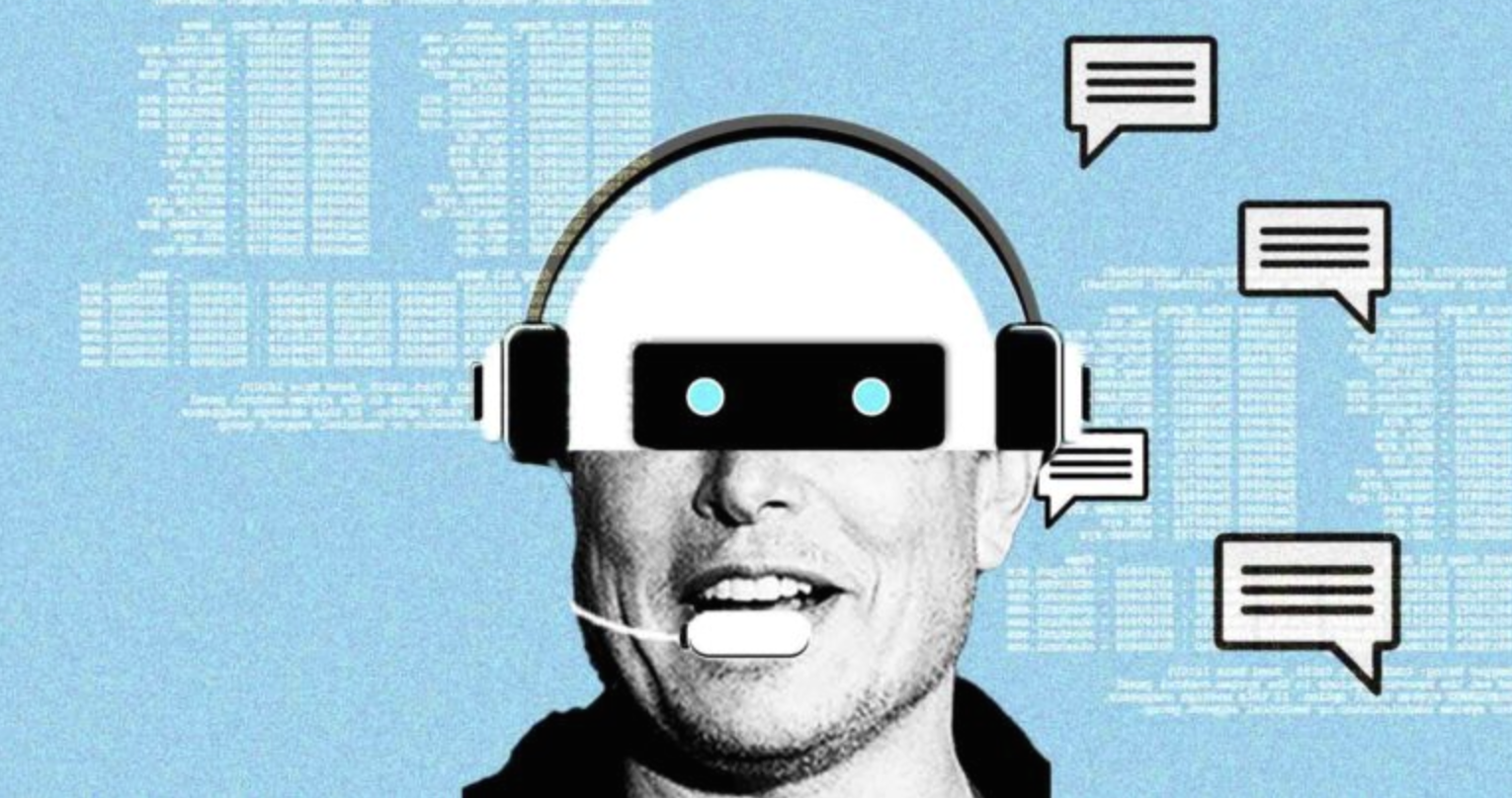
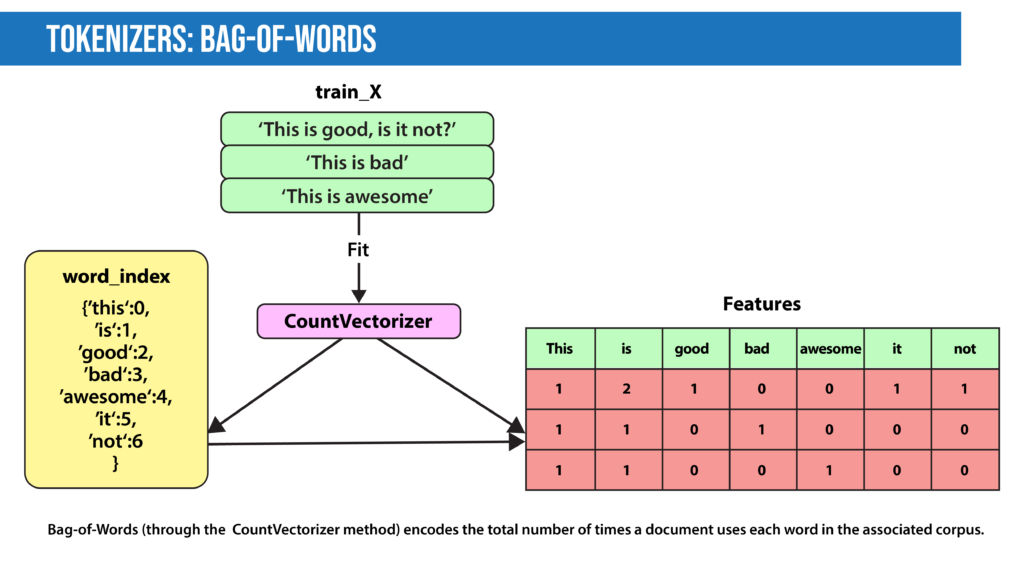
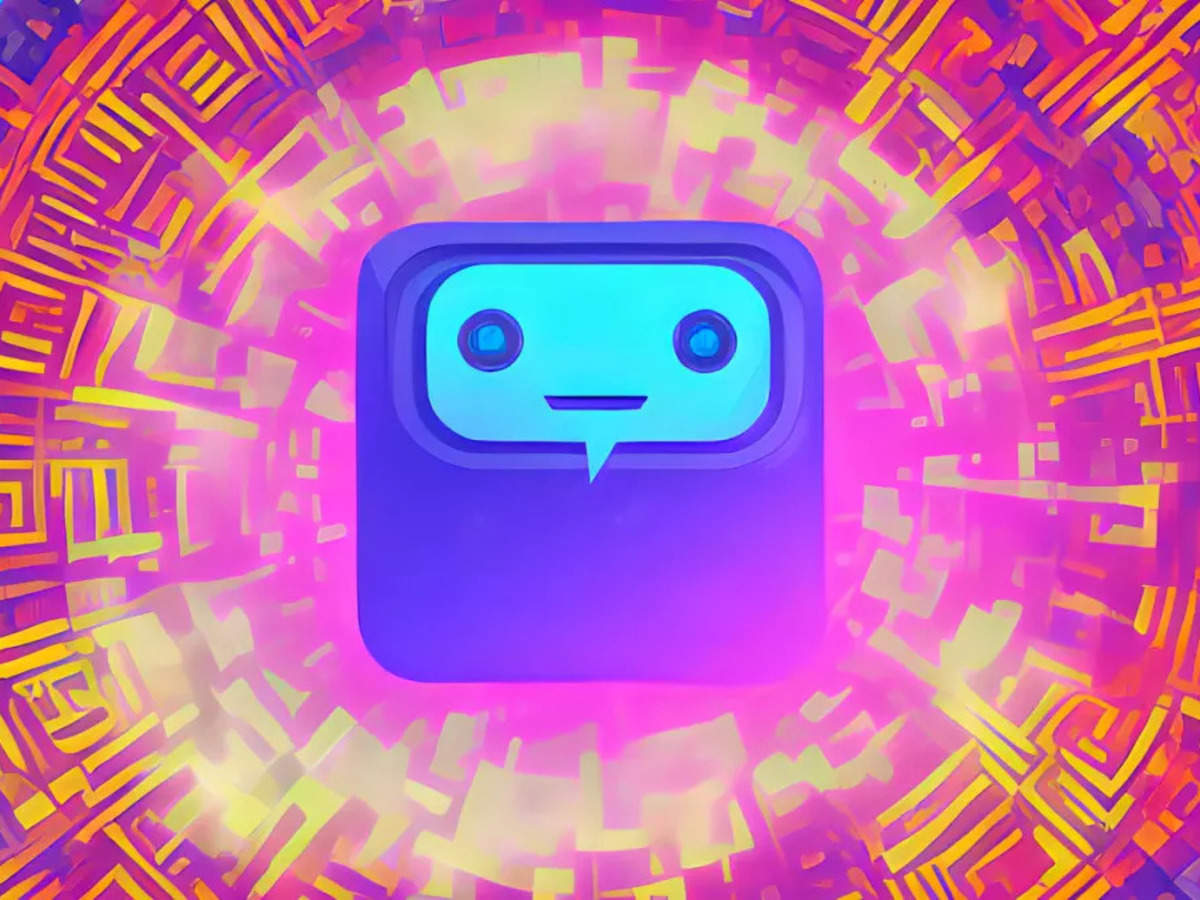


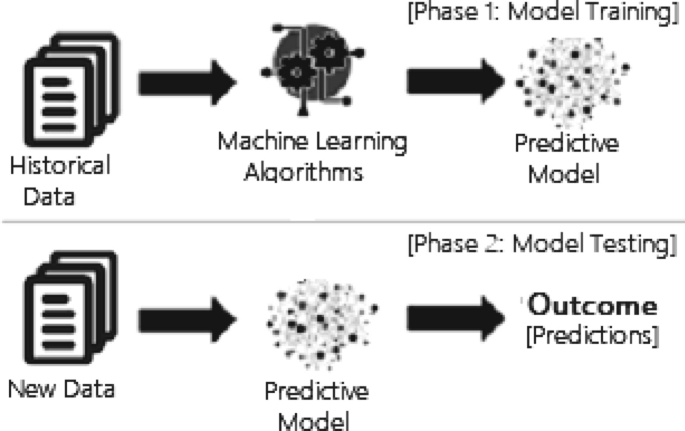

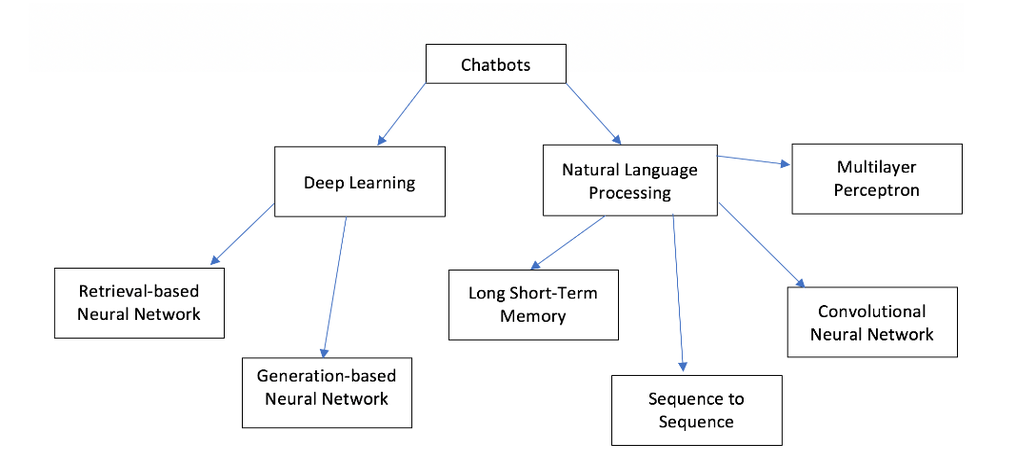
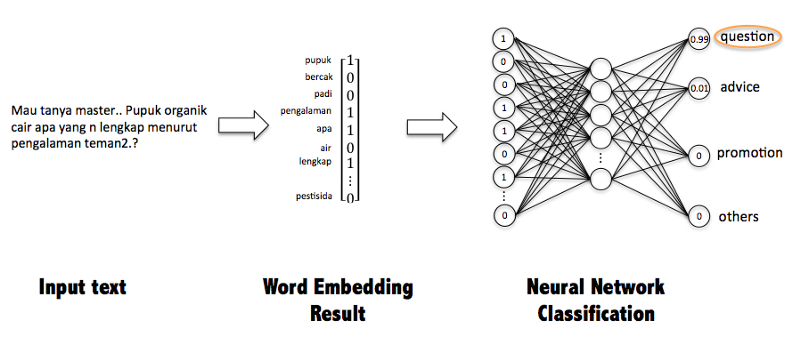
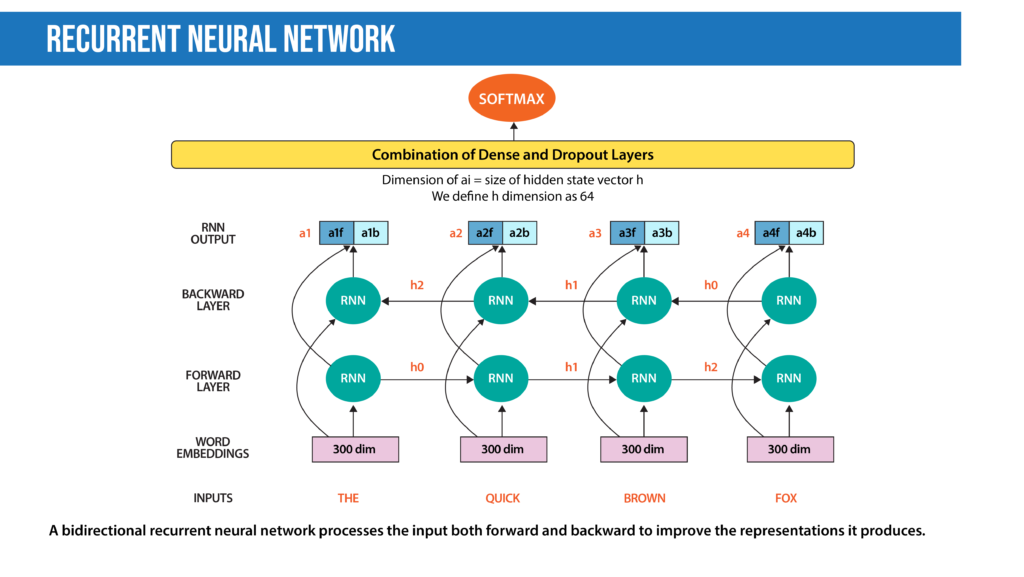
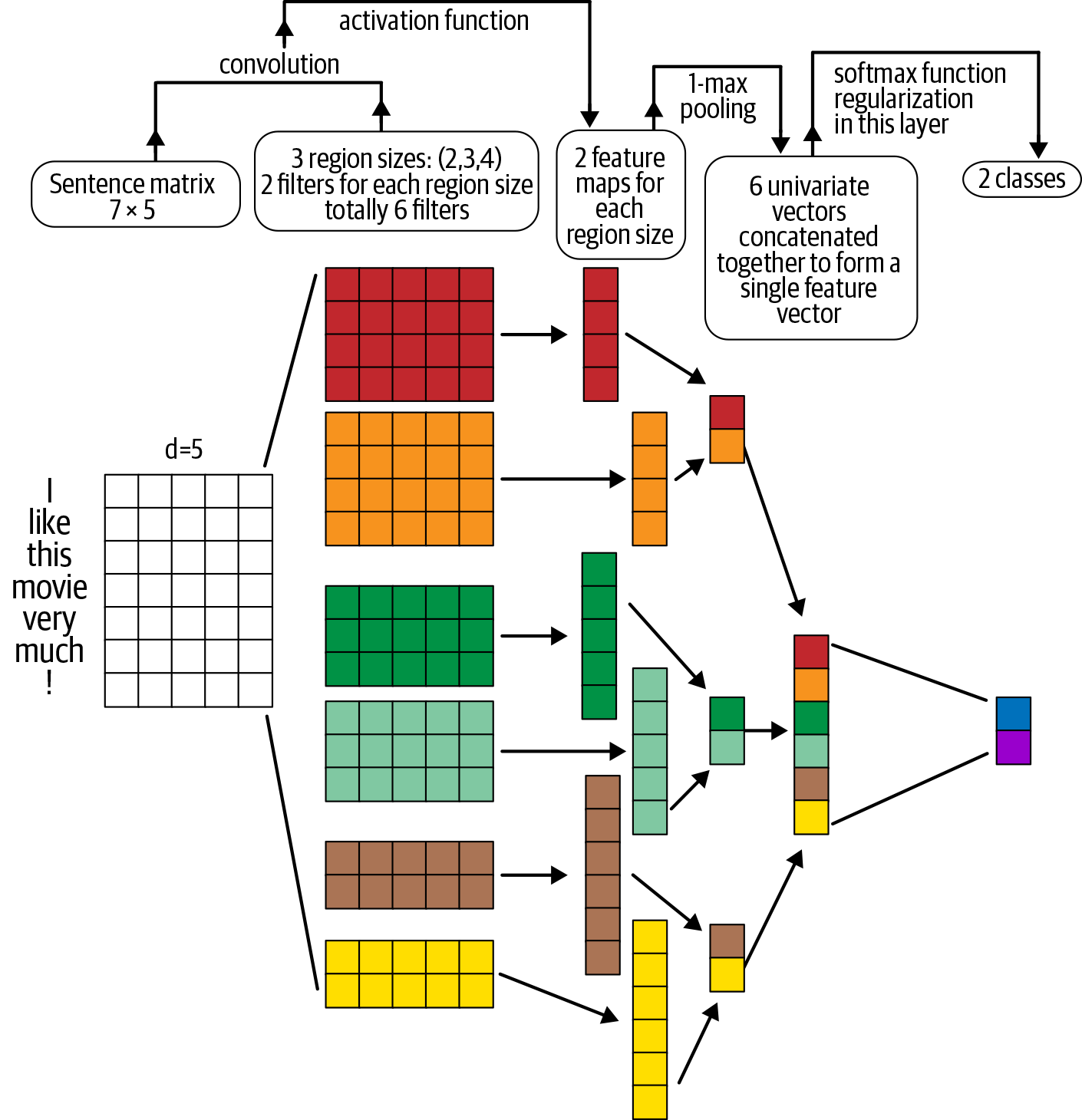
Comments
Post a Comment